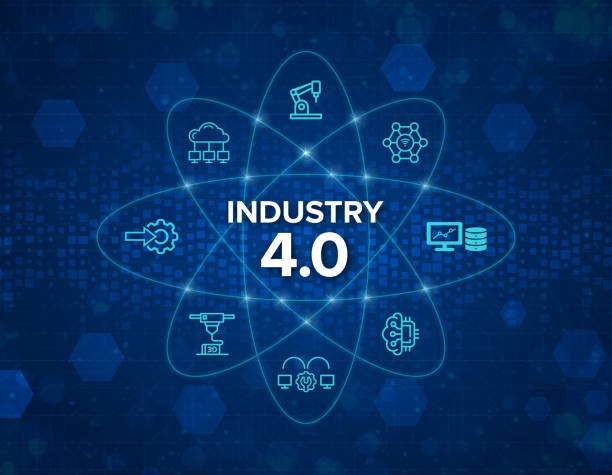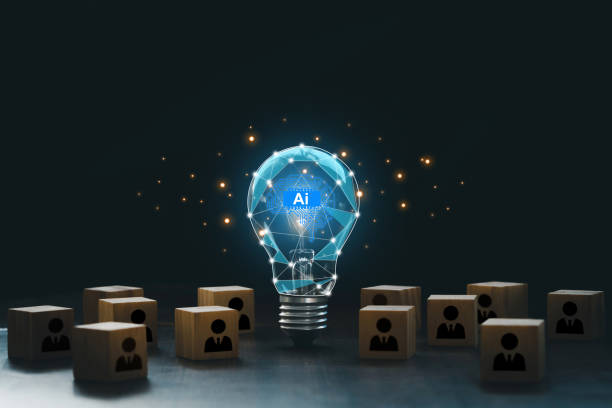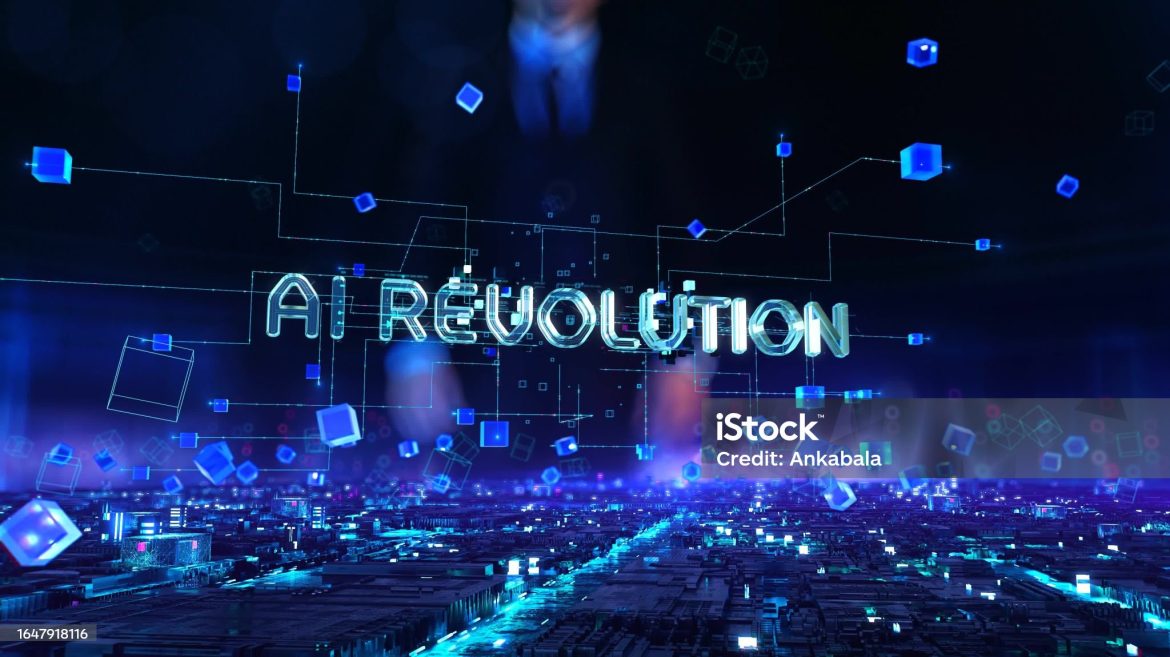Table of Contents
The advent of generative artificial intelligence (AI) has ushered in a new era of creativity and efficiency for marketers and advertisers. This technology, capable of generating human-quality text, images, and even code, is revolutionizing the way brands interact with consumers.

Enhanced Content Creation
One of the most significant impacts of generative AI is its ability to streamline content creation. Traditional methods often involved time-consuming processes like brainstorming, writing, and designing. With generative AI, marketers can quickly and efficiently generate various types of content, including:
- Social media posts: AI can generate engaging captions, witty comments, and relevant hashtags.
- Product descriptions: AI can create compelling and informative product descriptions that highlight key features and benefits.
- Blog posts and articles: AI can draft blog posts and articles on a wide range of topics, saving marketers time and effort.
- Email marketing campaigns: AI can personalize email content based on individual customer preferences and behavior.
- Video scripts and captions: AI can generate video scripts and captions that align with brand messaging and target audience interests.
Personalized Customer Experiences
Generative AI enables marketers to deliver highly personalized customer experiences at scale. By analyzing vast amounts of customer data, AI can identify individual preferences, interests, and behaviors. This information can then be used to create tailored content and recommendations that resonate with each customer.
For example, AI can personalize product recommendations on e-commerce websites based on a customer’s browsing history and purchase behavior. It can also generate personalized email campaigns that feature products or services that are relevant to the customer’s needs and interests.

Hyper-Realistic Visuals and Designs
Generative AI is transforming the way brands create visual assets. AI-powered tools can generate high-quality images, videos, and 3D models that are virtually indistinguishable from those created by human artists.
This technology has broad applications in marketing and advertising, from creating product mockups and lifestyle imagery to designing interactive virtual experiences. For example, fashion brands can use generative AI to create virtual clothing catalogs that allow customers to try on clothes digitally.
Improved Ad Targeting and Optimization
Generative AI is revolutionizing the way brands target and optimize their advertising campaigns. AI-powered algorithms can analyze vast amounts of data to identify the most effective advertising channels, audiences, and messaging.
For example, AI can be used to create highly targeted ad campaigns on social media platforms, reaching only those users who are most likely to be interested in a brand’s products or services. AI can also optimize ad performance by continuously adjusting bids and creative elements based on real-time data.
Ethical Considerations and Challenges
While generative AI offers numerous benefits for marketers and advertisers, it also raises important ethical considerations and challenges. Some of the key issues include:
- Bias and discrimination: AI models can perpetuate biases present in the data they are trained on, leading to discriminatory outcomes.
- Misinformation and deepfakes: Generative AI can be used to create deepfakes and spread misinformation.
- Job displacement: As AI becomes more sophisticated, it is possible that it could displace some jobs in marketing and advertising.

To address these challenges, it is important for marketers and advertisers to be aware of the limitations and risks of generative AI. They should also take steps to ensure that AI is used ethically and responsibly.
The Future of Marketing and Advertising with Generative AI
The future of marketing and advertising is bright with generative AI at the forefront. As AI technology continues to advance, we can expect to see even more innovative and effective applications in the years to come.
Generative AI will empower marketers to create more personalized, engaging, and effective campaigns. It will also enable brands to build stronger relationships with their customers and drive growth in a competitive marketplace.
However, it is crucial for marketers and advertisers to approach generative AI with a critical eye and a commitment to ethical use. By understanding the potential benefits and risks of this technology, marketers can harness the power of AI to achieve their goals while upholding the highest standards of integrity and transparency.

